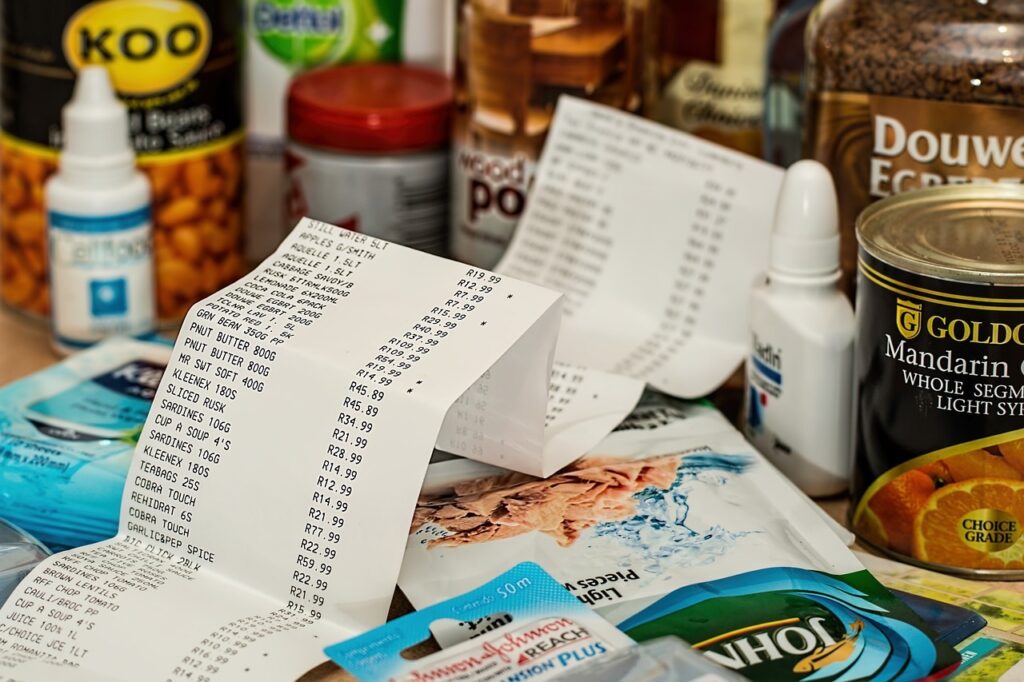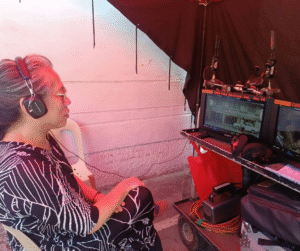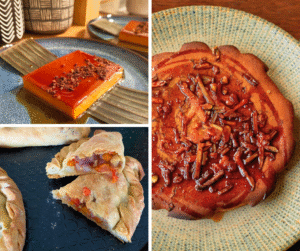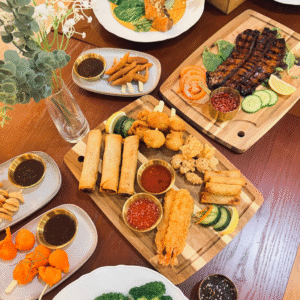By Rania Eldebri and Liezel Longboan
Filipino families are feeling the squeeze of the rising cost of food, fuel, energy, and are taking steps to cut back on their spending. Members of the forum Filipino Mothers UK have been discussing ways to save, and for stay-at-home mums, ways to earn while looking after their babies, with the ongoing cost of living crisis. Single mums are particularly anxious about incurring debts and not having any savings because of their low incomes.
The ongoing war between Ukraine, and Russia, the rising inflation caused by the government’s recent economic policies, and the high demand for oil and gas during the winter season are some of the reasons for the ongoing cost of living crisis in Britain.
Between August and September, 93 percent of adults have reported a rise in their living costs, according to the Office of National Statistics (ONS). There has also been a widespread increase in the use of food banks in August based on the report by the Independent Food Aid Network.
Signing up for food parcels and looking for free items
Single mum Helen Gomez (not her real name) and her two-year-old daughter are feeling the full impact of the cost of living crisis. Helen is unemployed and although she would like to work, she finds it difficult to find a job that suits her situation. She recently separated from her Dutch partner.

“I am a single mum and the sole carer of my daughter…It is harder to find a job that perfectly matches both of our schedules,” she said.
Helen, 36, says they are “struggling because we only depend on the government with no source of income.”
She has signed up for food parcels in her local area and she also goes to a food bank. “I donate what we do not usually consume,” she said.
Despite the crisis, Helen makes sure she and her daughter eat well. She gets her fruits and vegetables from outdoor farm markets while she buys meat from Lidl. “I portion them in my freezer. It usually lasts for a month or so,” she said.
Helen has been saving money by going out less “as this means having to eat out and spend on travel. So I make sure that I take my son to the local parks instead or have play dates at my friend’s.”
Apart from doing some side hustles, Helen has discovered that some apps and products offer points, discounts and free items such as food boxes or dishwashing pods by referring friends. “All I need is to ask my friends to sign up and I continue to get free deals.”
Helen’s main worry is not having “emergency funds” for when she and her daughter get sick. “We do not have savings and if our household expenses exceed (what we receive from the government) then we do not know where to get the money.”
Cooking for two meals and making her own cleaning products
Northampton-based Lyn Goodwin, 44, is a single mum with a 21-year-old daughter currently studying at university. She also has a 22-year-old son who is severely autistic and needs full time care. She said she is trying her best to budget her income these days when everything is expensive. “I don’t want to be in debt, so I need to cut down on some expenses.”

Lyn works part-time as a hotel checker where she gets paid £150 per week. She also runs a business with some close friends making party favours. She earns between £1000 and £1100 per month depending on what she makes from her own business. On top of her busy schedule, she has started a private Facebook group called Filipino Mums of Children with Special Needs UK, a forum where mums can get support and advice.
Lyn’s disabled son gets personal independent payment and universal credit. Meanwhile, the family receives housing benefit and a discount on both council tax and rent.
“The ones who survive or who could hardly feel the crisis are the ones who live a low key life, manage their earnings wisely and save for rainy days like this.”
Nora Tsourous, finance and business adviser
Lyn thinks that the rising cost of food and energy is making people learn how to save money and how to be more careful with their spending. As a single mum, she has been budgeting her money wisely even before the current crisis.
When shopping for food, Lyn looks out for reduced items. She added that “Instead of cooking for one meal a day, I cook for two meals so that we could freeze the extra portion and then I could just reheat it. It’s less costly.”
Lyn also makes her own cleaning products. “I make my own soap. I am saving my money and helping the environment by doing so.”
Despite her limited income, Lyn still manages to support the school fees of two young relatives in the Philippines. She usually sends £200 to £250 a month, depending on the exchange rate. Lyn said that she has made a commitment to her family to help fund the education of her relatives.
Saving as a lifestyle
Nora Tsourous, a business and finance expert for Filipino Mothers UK, advised that “Saving shouldn’t be done just because we are currently facing inflation or about to experience recession…It should be a lifestyle, something consistent and a reflection of one’s spending behaviour that can be instilled to our children.”
“The ones who survive or who could hardly feel the crisis are the ones who live a low key life, manage their earnings wisely and save for rainy days like this,” she said.
About the author:

Rania Eldebri is a digital content creator with a business degree. She is experienced in using digital and social media management tools and analytics to measure social conversations and engage audiences across social channels. Rania is passionate about all types of media: digital, television and radio. She loves discussing different topics with people from different backgrounds.













